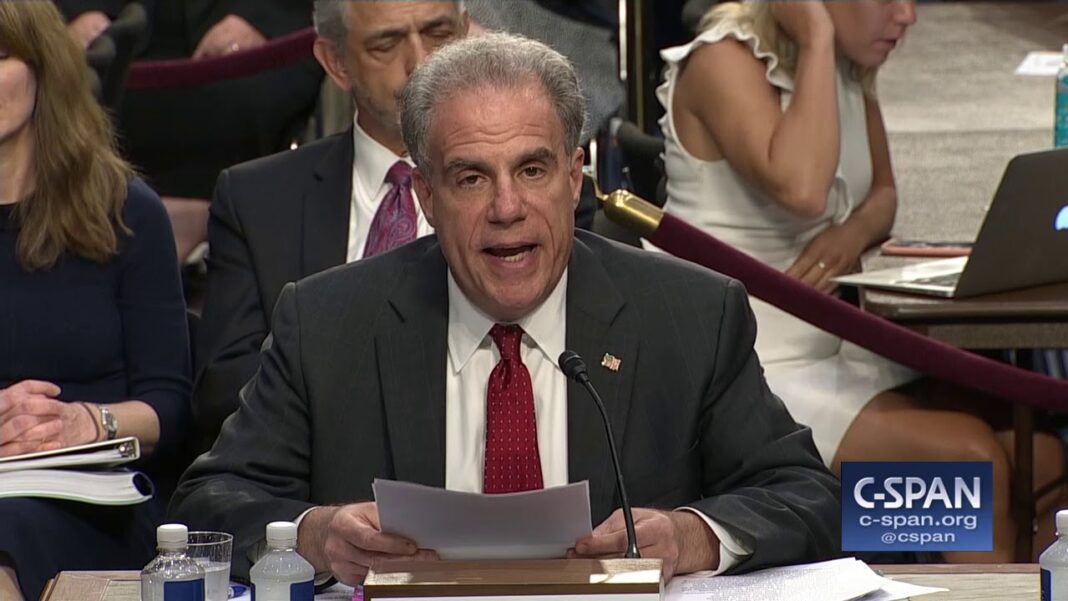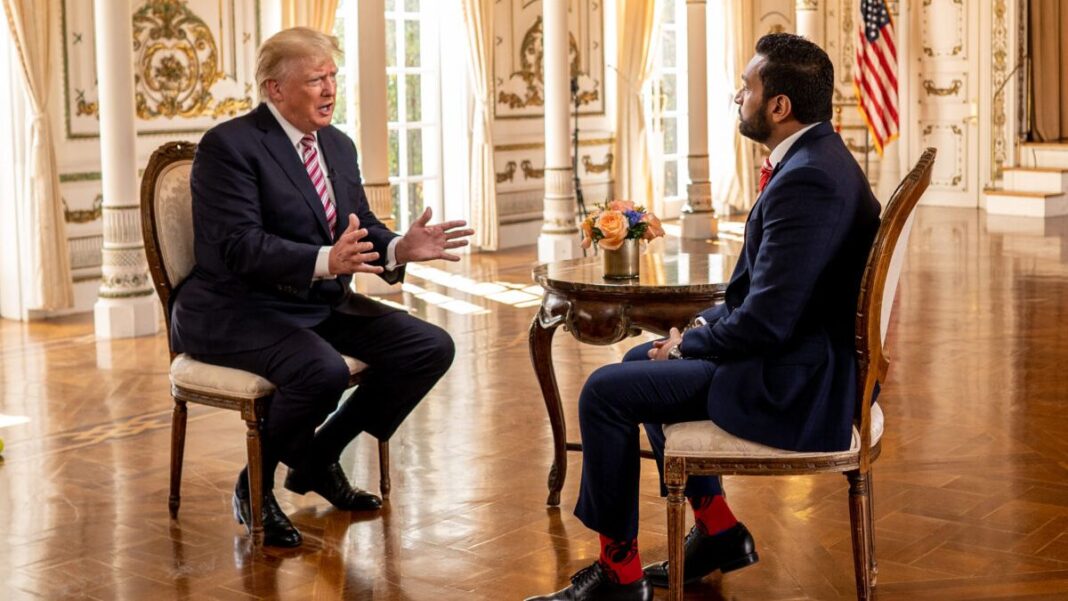A supplemental court filing by special counsel John Durham confirms previous reporting that Department of Justice (DOJ) Inspector General Michael Horowitz concealed crucial information from Durham in connection with two separate investigations—the ongoing prosecution of former Clinton campaign lawyer Michael Sussmann and the criminal leak investigation of former FBI General Counsel James Baker.
The Jan. 28 filing by Durham updated the court on precisely when Durham first learned of two cellphones that had been used by Baker while he was with the FBI. The existence of these phones was first mentioned in a Jan. 25 filing, in which Durham claimed that the Inspector General’s Office (OIG) had failed to disclose its possession of two FBI cellphones belonging to Baker.
Following the Jan. 25 filing, Horowitz’s office apparently told Durham that the existence of one of the cellphones may have been mentioned on a conference call that took place four years ago.
“The OIG Special Agent had a conference call with members of the investigative team, including Mr. Durham, during which the cellphones likely were discussed,” reads the Jan. 28 court filing.
However, Durham states in the filing that he not only doesn’t recall the conference call, but also that he had no knowledge of Horowitz’s possession of Baker’s cellphones before being informed of their existence by a separate investigative team within the FBI on Jan. 6.
Notably, Horowitz is unable to say with certainty that Baker’s phone was even mentioned on the Feb. 12, 2018, conference call. Moreover, at the time of the conference call, Horowitz’s office was not in possession of either of Baker’s cell phones.
While Horowitz did gain possession of Baker’s phone several days later, on Feb. 15, 2018, there’s no record that he informed Durham. Nor is there any record of subsequent communications between Howowitz’s office and Durham regarding the Baker phone. This despite the fact that Durham was conducting a criminal leak investigation into Baker at around the same time that Horowitz gained access to Baker’s cellphone.
Although it isn’t currently known when Horowitz took possession of a second Baker cellphone, there appears to have been no follow-up from either Horowitz or Durham at the time, suggesting that neither of the phones had ever been mentioned to Durham. This is further supported by the fact that as recently as Jan. 5, Durham was seeking Baker’s “call log data” from the FBI’s Inspection Division, suggesting he didn’t know about Horowitz’s possession of Baker’s phones.
While Horowitz’s objection to Durham’s Jan. 25 filing may have been intended to deflect from his office’s disclosure failures, the latest filing raises further questions.
Even if Horowitz’s new claims about the alleged 2018 conference call were true, this wouldn’t have absolved him from disclosing this information in 2021, when he was formally requested by Durham to do so.
However, the most significant revelation contained in the supplemental filing is that Horowitz didn’t object to the other assertions made by Durham in his Jan. 25 filing.
That filing highlighted Horowitz’s failure to cooperate with Durham’s special counsel investigation. In addition to not disclosing the existence of Baker’s cellphones, Horowitz also failed to disclose that he and his general counsel had personally met with Sussmann regarding a “cyber matter” in March 2017, and Horowitz may have failed to disclose the identity of a Hillary Clinton-connected individual who provided the underlying data to Sussmann that led to the in-person meeting.
All of these undisclosed facts are crucial to Durham’s case against Sussmann.
Notably, Durham didn’t learn about this information from Horowitz, but rather from other sources, including Sussmann himself.






